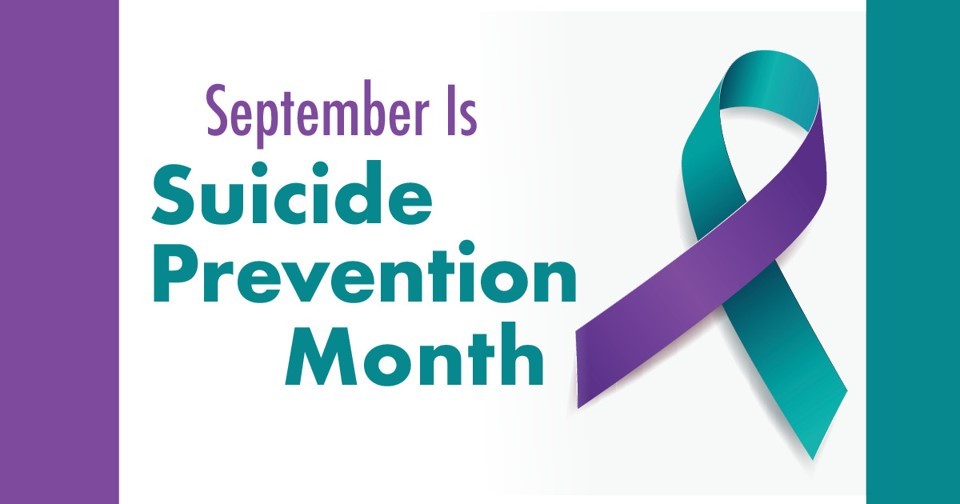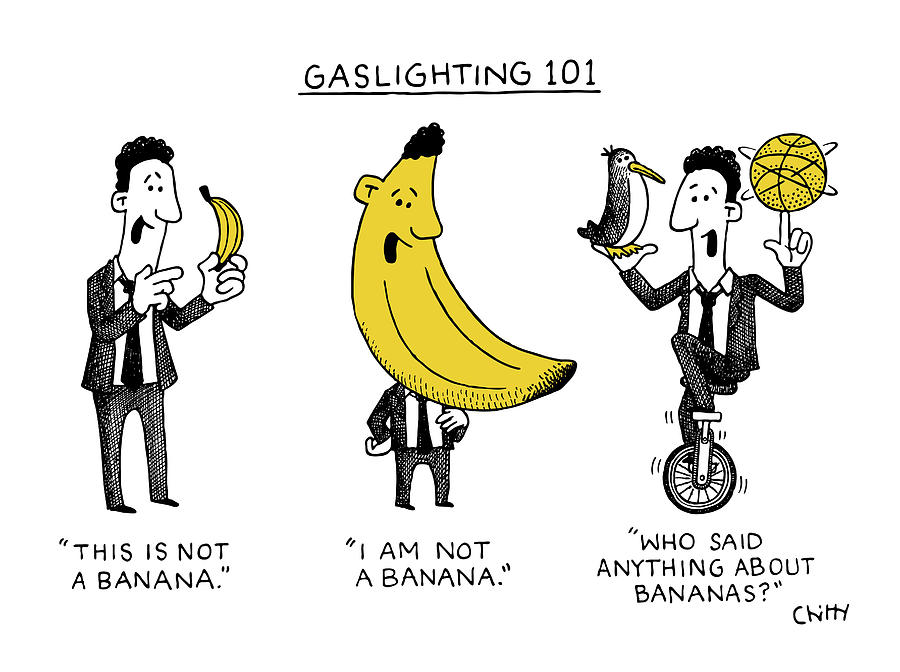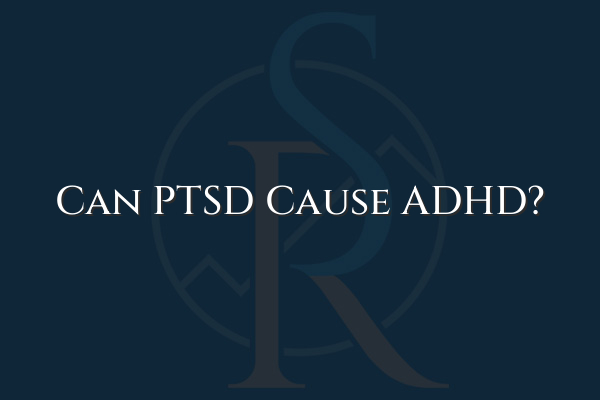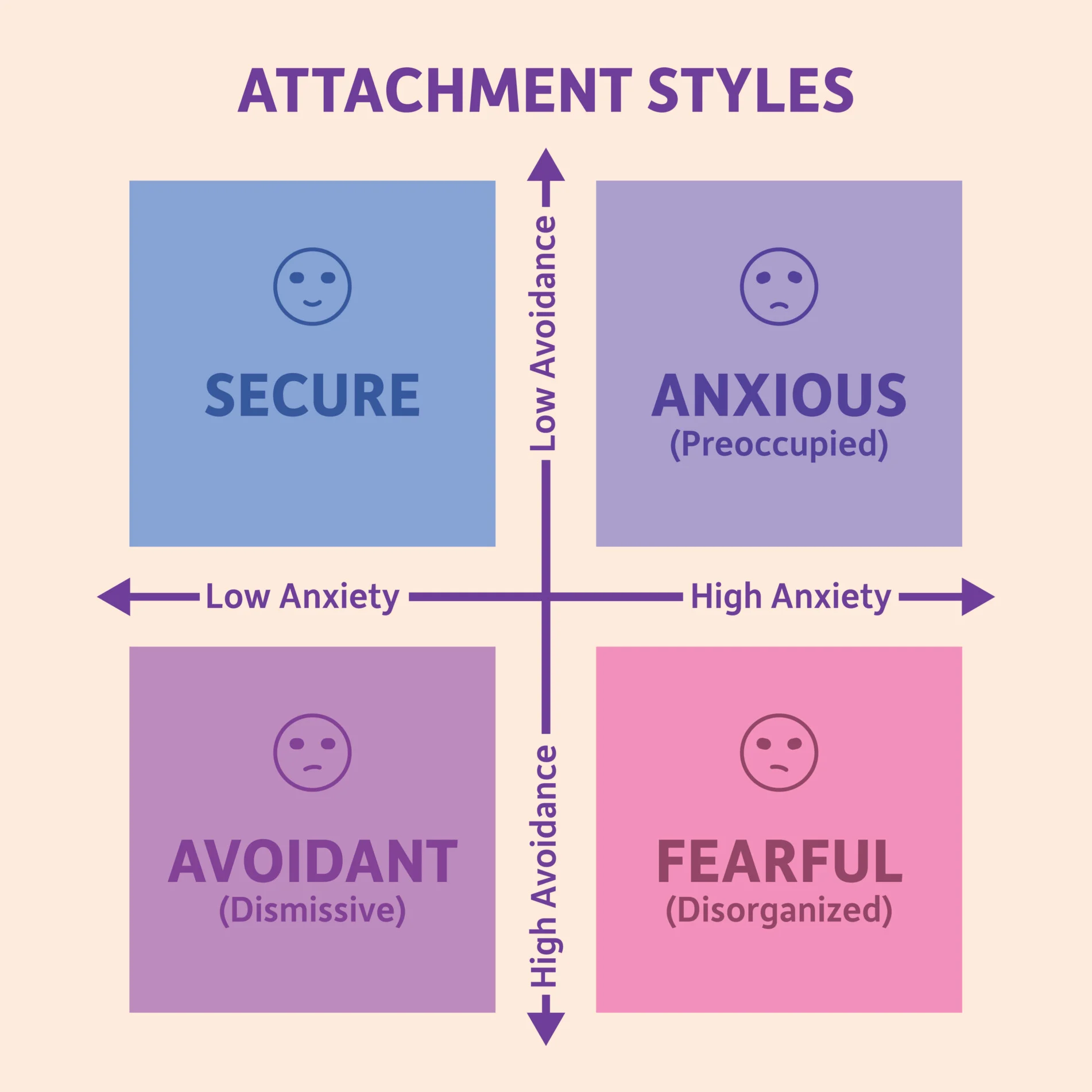PTSD awareness
🌲 June in Utah: PTSD Awareness Month with Mountain Valley Counseling June marks National PTSD Awareness Month—a dedicated time to break stigma, raise understanding, and highlight resources for trauma survivors. In Utah, where PTSD diagnoses have steadily risen across age groups and regions, local efforts matter more than ever mvccutah.com+4mvccutah.com+4reddit.com+4. 1. 📈 PTSD in Utah: A Growing Concern Recent Utah Department of Health data shows PTSD diagnoses increasing from 2019 to 2020 in 11 of 13 health districts, including a sharp 35.7% increase among 18–24‑year‑olds healthcarestats.utah.gov. This trend reflects widespread trauma—from car accidents and natural disasters to violence and interpersonal strife. 2. What PTSD Looks Like—and Why It Matters PTSD isn’t limited to combat survivors. It can follow any traumatic experience: sexual assault, accidents, abuse, or witnessing violence healthcarestats.utah.gov. Typical symptoms include: Recurrent flashbacks and nightmares Avoidance of reminders Hypervigilance, irritability, sleep issues Emotional numbing or detachment mvccutah.com+15thedbtcenterofutah.com+15healthcarestats.utah.gov+15 3. Healing…
Bad Therapy does exist, but trained professionals should be the judge of that.
The problem with blanket statements from the untrained eye. By Misty Newman, CMHC and Owner of MVC As a Certified Mental Health Counselor (CMHC) and owner of Mental Vitality Counseling (MVC), I have witnessed firsthand the profound impact that mental health therapy can have on individuals’ lives. Therapy is a vital tool for many people who are struggling with mental health challenges, offering support, coping strategies, and a space for healing. So, when people with a large platform or following who aren’t trained in the field, publicly criticize therapy and the mental health profession, it’s not only concerning—it’s potentially dangerous. There have been some people making sweeping claims about the mental health field, particularly in relation to the adolescent population in America. While I wholeheartedly agree that every aspect of mental health, particularly in children and adolescents, must be approached with sensitivity, care, and rigorous research. Making broad generalizations about…
Suicide Awareness Month
Suicide Prevention and Awareness Month 2024: Supporting Others and Self-Care September is recognized as Suicide Prevention and Awareness Month, a crucial time to shine a light on mental health challenges and the importance of providing support to those in need. This year, Mountain Valley Counseling wants to focus not only on how to support those struggling but also on the necessity of self-care for caregivers. Understanding the Context In recent years, suicide rates have tragically increased, highlighting a growing mental health crisis. Factors contributing to this rise include: Social Isolation: The COVID-19 pandemic exacerbated feelings of loneliness and disconnectedness. Many individuals are still grappling with the emotional aftermath, which can lead to increased suicidal ideation. Economic Stress: Financial instability, job loss, and the rising cost of living can overwhelm individuals, creating a sense of hopelessness. Access to Mental Health Resources: Despite growing awareness, access to mental health care remains limited…
Understanding Gaslighting and Its Impact on Mental Health Gaslighting is a form of psychological manipulation where a person or group seeks to make someone doubt their own perceptions, memories, or reality. This term, derived from the 1944 film “Gaslight,” where a husband manipulates his wife into questioning her sanity, has become a widely recognized concept in discussions of emotional abuse and manipulation. Gaslighting can occur in various relationships, including romantic partnerships, friendships, family dynamics, and workplace settings. Definition and Mechanisms of Gaslighting Gaslighting involves a series of manipulative tactics aimed at undermining the victim’s sense of reality. These tactics include denying facts, minimizing the victim’s feelings, and presenting false information as truth (Stark, 2018). The ultimate goal is to destabilize the victim’s perception of reality, thereby gaining control and power over them. Gaslighters often use subtle and gradual methods to erode the victim’s confidence in their own thoughts and…
The correlation between PTSD and ADHD.
Attention-Deficit/Hyperactivity Disorder (ADHD) and Post-Traumatic Stress Disorder (PTSD) are two distinct psychiatric conditions, but they can intersect in complex ways. Both disorders impact attention, behavior, and emotional regulation, and their interplay can complicate diagnosis and treatment. This relationship is especially pertinent when considering how untreated trauma might contribute to or exacerbate ADHD symptoms. ADHD and PTSD: An Overview ADHD is characterized by persistent patterns of inattention and/or hyperactivity-impulsivity that interfere with functioning or development (American Psychiatric Association, 2013). PTSD, on the other hand, arises from exposure to traumatic events and includes symptoms such as intrusive memories, hypervigilance, and avoidance (American Psychiatric Association, 2013). The Overlap Between ADHD and PTSD Research shows that both ADHD and PTSD involve disruptions in attention and executive functioning. For instance, individuals with ADHD often struggle with sustaining attention and managing tasks, while those with PTSD may experience difficulties with concentration due to intrusive thoughts…
Psychodynamic Therapy is evidenced based and can have more lasting benefits than other models
Insight-Oriented Therapy: Understanding Its Effectiveness Through Research Introduction Insight-oriented therapy, often referred to as psychodynamic therapy, is a therapeutic approach that focuses on uncovering and understanding unconscious processes and early life experiences that influence current behavior. By gaining insight into these underlying issues, individuals can achieve greater self-awareness and resolve internal conflicts. This article delves into how insight-oriented therapy works, its theoretical foundations, and the research demonstrating its effectiveness. Theoretical Foundations Insight-oriented therapy is rooted in psychodynamic theory, which originated with Sigmund Freud and has evolved over time. The core premise is that unconscious thoughts and feelings, often stemming from early life experiences, shape our behavior and mental states. Insight-oriented therapy aims to bring these unconscious elements into conscious awareness, allowing individuals to understand and address them. Key components of this therapy include: Exploration of Unconscious Processes: Patients explore their unconscious thoughts and feelings, often through techniques such as free…
Ways to start 2022!
Great tips for starting out the year with intention.









